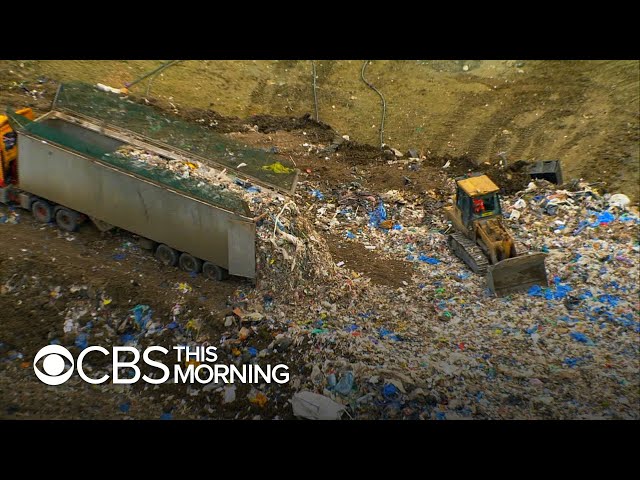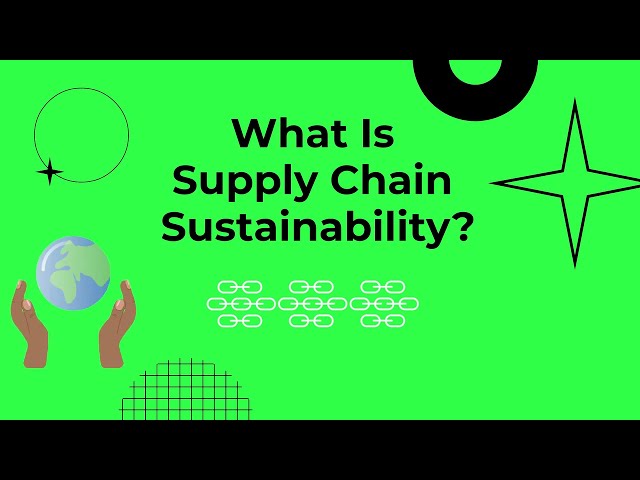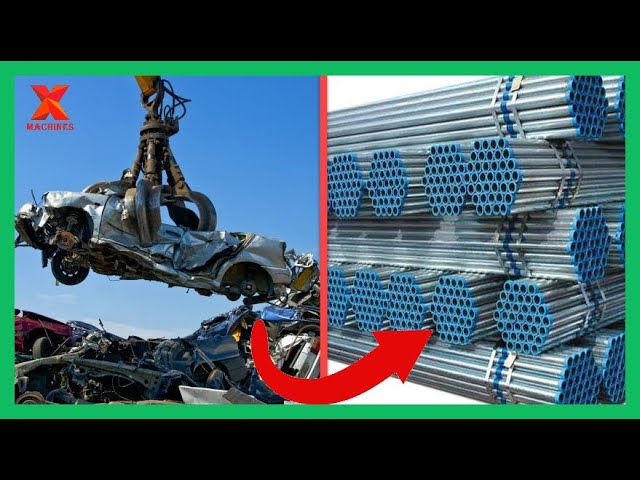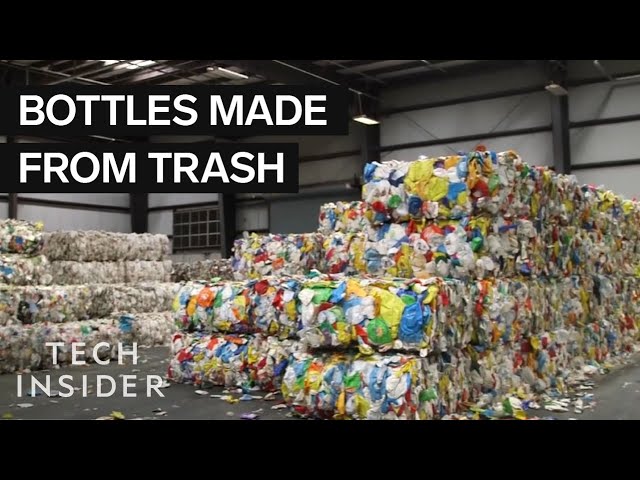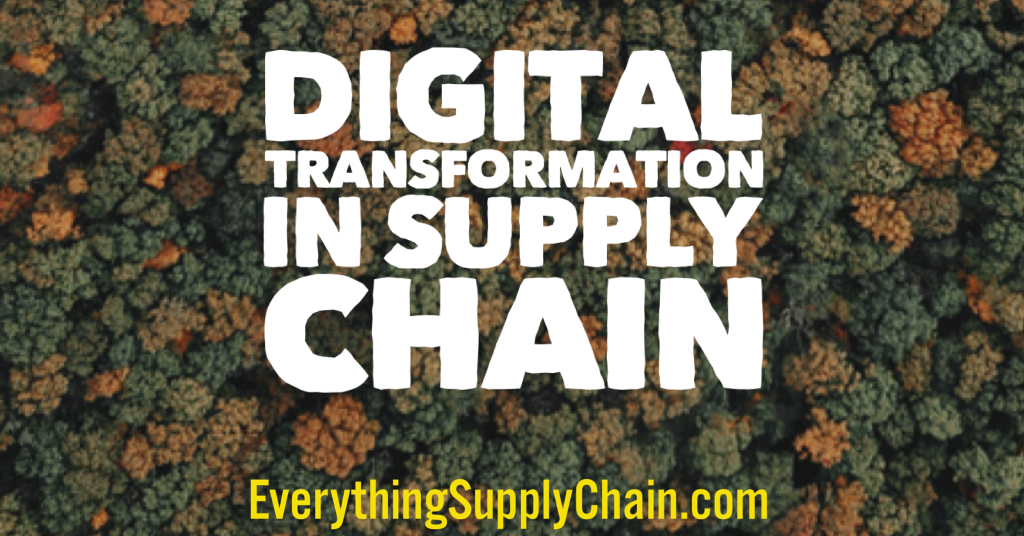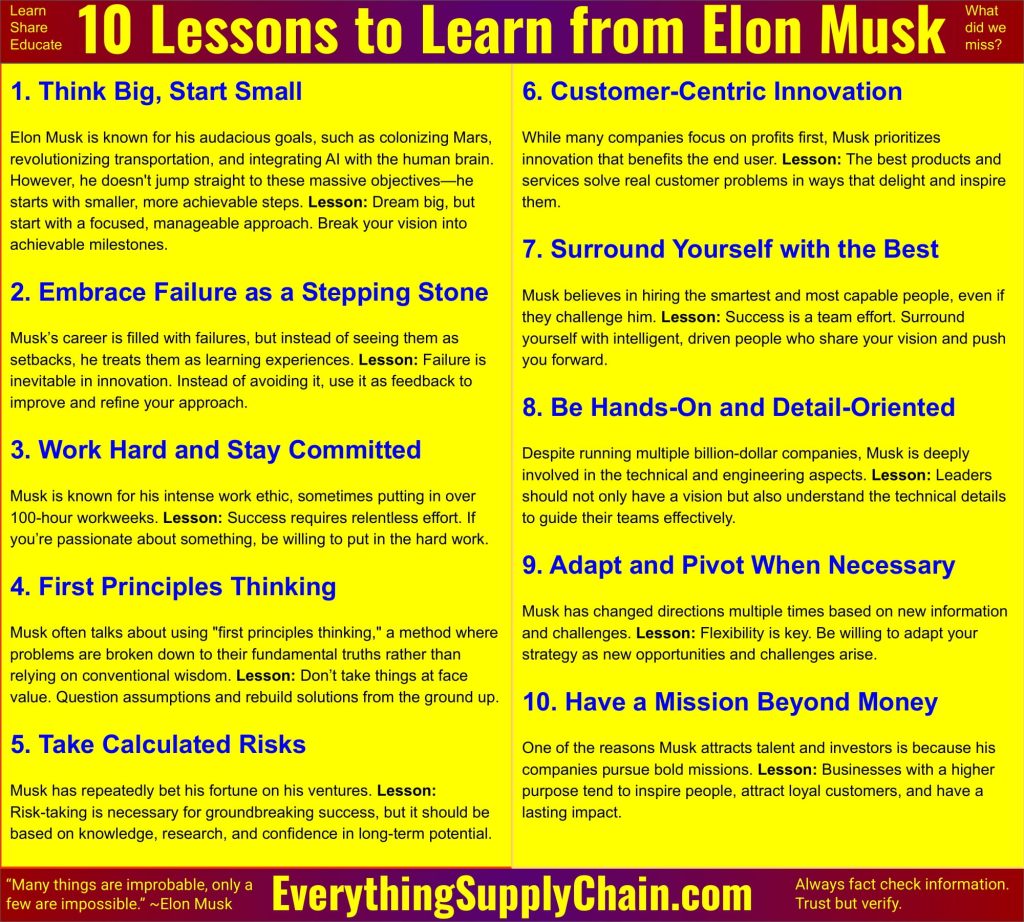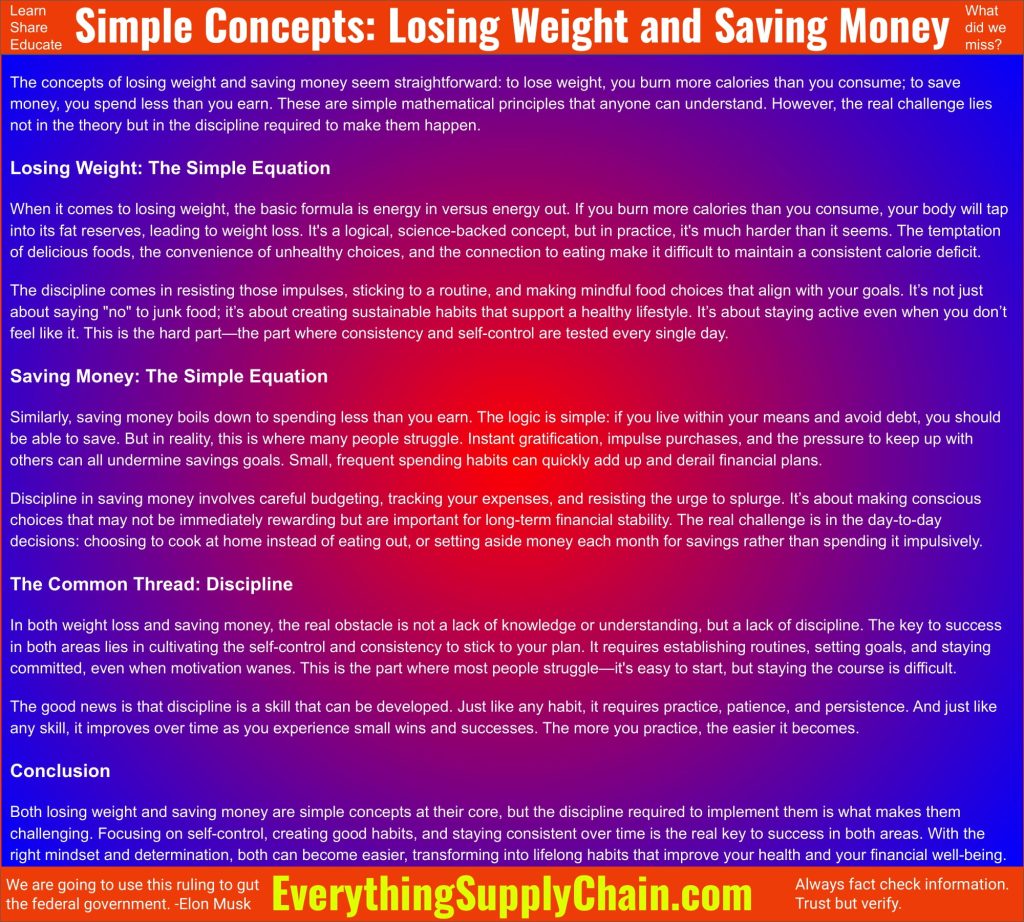Ship Breaking Yards – Where Ships Become Scrap
Ship Breaking Yards – Where Ships Become Scrap
Ship breaking yards are facilities where decommissioned ships are dismantled and recycled. The process of breaking a ship down into scrap metal is known as ship recycling.
Ship recycling typically begins when a ship reaches the end of its useful life and is no longer able to operate safely or efficiently. The ship is then sold to a ship breaking yard, where it is transported and dismantled. The ship breaking process begins by removing all the hazardous materials, such as fuel and oil, from the ship. Next, the ship is cut into smaller pieces using specialized equipment, such as torches or hydraulic cutters. The smaller pieces are then further broken down and sorted by type of metal, such as steel, aluminum, and copper.
Ship breaking yards are typically located in developing countries, such as India, Bangladesh, and Pakistan, where labor costs are lower and environmental regulations may be less strict. However, there have been concerns about the safety and environmental impact of ship recycling in these countries, as the process can expose workers to hazardous materials and release pollutants into the air and water. In response, the International Maritime Organization has developed guidelines and regulations to ensure that ship recycling is conducted safely and responsibly.
Sustainability and Recycling Quotes
- “It’s time we stopped turning up our noses at the nation’s garbage dumps and started appreciating them for what they really are — the municipal mines, forests, oil wells and energy sources of the future!” ~Max Spendlove
- “The case for recycling is strong. The bottom line is clear. Recycling requires a trivial amount of our time. Recycling saves money and reduces pollution. Recycling creates more jobs than landfilling or incineration. And a largely ignored but very important consideration, recycling reduces our need to dump our garbage in someone else’s backyard.” ~David Morris
- “The greatest economic benefit of recycling is that it provides a base of materials for robust, efficient manufacturing industries. So far this decade, U.S. paper manufacturers have voluntarily built more than 45 recycling-based pulp and paper mills and only a handful that use virgin wood. This is not just because recycling plants are better for the environment, but because they are a less expensive way to increase production, taking advantage of the increasing supplies of used paper collected in business and community recycling programs.” ~Richard A. Denison & John F. Ruston
- “Sustainability is no longer about doing less harm. It’s about doing more good.” ~Jochen Zeitz
- “To achieve true sustainability, we must reduce our ‘garbage index” – that which we permanently throw away into the environment that will not be naturally recycled for reuse – to near zero. Productive activities must be organized as closed systems. Minerals and other nonbiodegradable resources, once taken from the ground, must become a part of society’s permanent capital stock and be recycled in perpetuity. Organic materials may be disposed into the natural ecosystems, but only in ways that assure that they are absorbed back into the natural production system.” ~David Korten
Supply Chain Sustainability Videos
- A Radical Plan to End Plastic Waste.
- Airplane Recycling – How Do They Do It?
- Car Recycling. How to turn a junker into money.
- CarbonLite: Inside the World’s Largest Plastic Bottle Recycling Plant.
- How One Company Turns Plastic Waste Into Reusable Packaging
- How Plastic Bottles Are Recycled Into Cloth.
- Scottish Company Recycles Plastic Waste Into Roads.
- Tire Recycling.
- Walmart uses hydrogen powered fork lifts in giant energy efficient warehouse.

